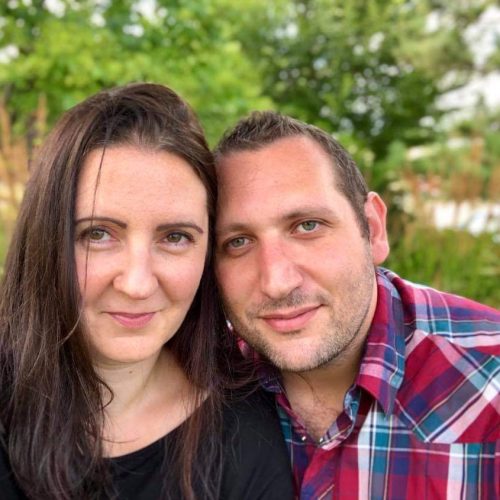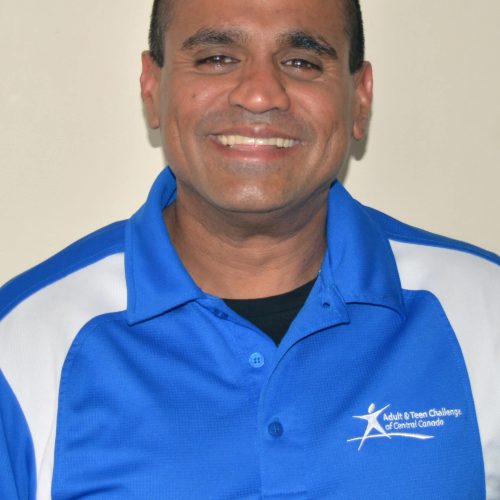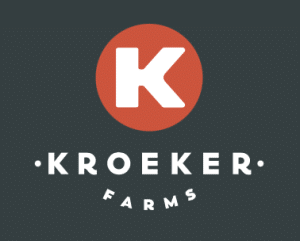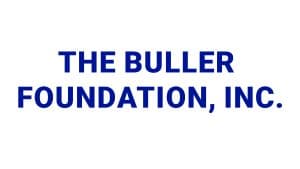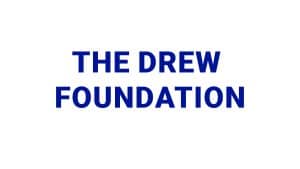What is enabling?
Am I an enabler?
How can I let go when I have invested so much into my addicted loved one’s life?
Great questions indeed.
We’re on a journey, briefly touching on the main concepts of our incredible 9-week course called Concerned Persons. It’s a course specifically designed to come alongside and support those who have loved ones with addictions. In week 5, we take an often-painful look at something we call “Letting Go and Letting God.”
Enabling is good intentions gone wrong.
In the next post, we’ll look deeper into enabling, and help you identify areas in your own relationships where enabling might possibly be a strong issue.
Giving up control is one of life’s most singular challenges. We love control, don’t we? In the last post, we learned about codependency and how we sometimes attempt to control our loved ones.
Remember, simply put, codependency is a people addiction. We cannot live without someone, so we will pay any cost to stay on their good side.
Unfortunately, the result is usually an addiction of sorts that we ourselves develop- we become addicted to pleasing our loved ones at all costs in order to keep things peaceful and maintain a false sense of control.
We’re going through a series meant to help you on your journey if you are in a place where addictions have taken over control of your family or friendship with someone. We are taking brief snapshots of a support group course we lead called Concerned Persons.
Since we have not been successful to control or bring our loved one to a place of getting help from addictions, perhaps it’s time to take a different approach.
The Five Stages of Loss or Grief
What are the five stages of loss or grief?
In 1969, Elizabeth Kubler-Ross wrote a transformational book called On Greif and Grieving
In it, she outlines a now famous concept called the five stages of loss or grief. Just like with death, someone with a loved one in addiction can also go through a strikingly similar journey of these same five stages:
Denial
When we first find out that a loved one is in addiction or showing these patterns, we protect ourselves from the shock of learning that it is so. We refuse to accept what we have found out. “This can’t be,” is our natural first reaction. If we recognize ourselves here, we need to overcome the denial that is distorting our thinking, so that we can see clearly what is really happening.
Anger
As we begin to accept the facts that are in front of us, we become angry. We might become angry at God, our circumstances, others who should have helped, or even ourselves. Of course, the underlying greatest anger is likely to be towards the loved one who has caused this storm. This stage brings a lot of pain. During this stage, it’s important to be self-aware of how we are feeling and take time to share this with an understanding listener. It’s also crucial to be self-aware of the anger so that we do not cross a line of wrongdoing. “In your anger do not sin” Ephesians 4:26.
Remember, however, that these feelings of anger are normal as indicated in our previous post.
Bargaining
It’s not uncommon during this stage, for a concerned person to try and strike bargains with themselves, others, and God.
“I will do better as a parent.” “If you stop drinking for at least a month, I will pay off your car.” “God, I will give more to my church if she stops using drugs.”
We need to remind ourselves that help for a friend or loved one doesn’t depend on our performance.
We are powerless to change someone else. Only God can do that.
“For all have sinned and fall short of the glory of God and are justified freely by His grace through the redemption that came by Jesus Christ.” Romans 3:23-24
Depression
We eventually come to a place where everything we have tried isn’t working. The feeling of loss truly sets in, and depression can quickly follow. Sharing painful emotions can help us work through this stage. Focusing on the goodness of God, and the positive area of our lives can also help us, reminding us that our life is not defined by this one person.
Acceptance
Finally, we come to a place of relief, where we can turn our loved ones over to God. It doesn’t mean we don’t care. It simply means that we have successfully been able to emotionally detach ourselves from this loved one. We have come to a place of letting go and letting God. Of course, we still love them and continue to seek ways to help them, but we are no longer controlled by them. They are responsible for their own behavior.
Are you going through these stages?
Do you find it hard to release your loved one? Many, in your shoes, find this difficult, and resort to enabling their loved one instead of seeking boundaries. Enabling is “good intentions gone wrong.”
We feel like we’re helping, but we’re often making the situation worse.
Hot-tempered people must pay the penalty. If you rescue them once, you will have to do it again. Proverbs 19:19
Wait patiently for the Lord. Be brave and courageous. Yes, wait patiently for the Lord. Psalm 27:14
Letting go and letting God
Letting go and letting God is so hard!
But I also know the peace and amazing acceptance that comes from releasing what we couldn’t control in the first place.
Again, if you identify as having a loved one that’s in addictions of some sort, feel free to contact us for further help. We’d love to pray with you and walk with you on your journey!



